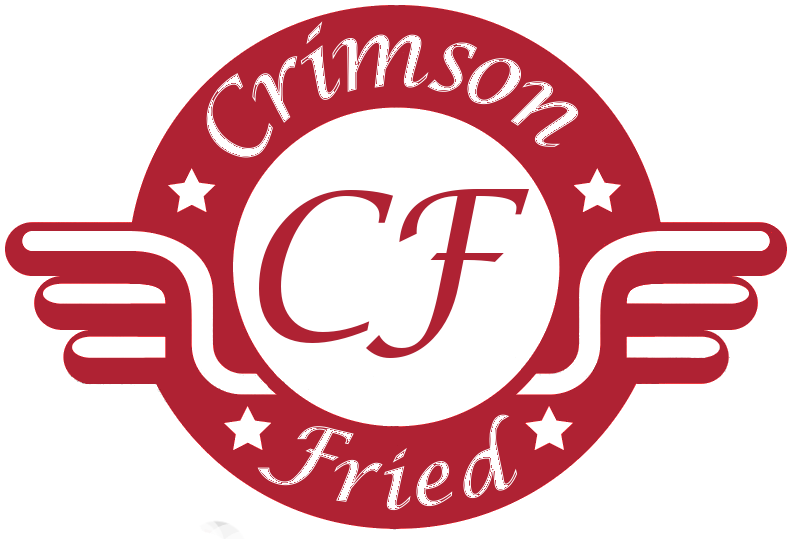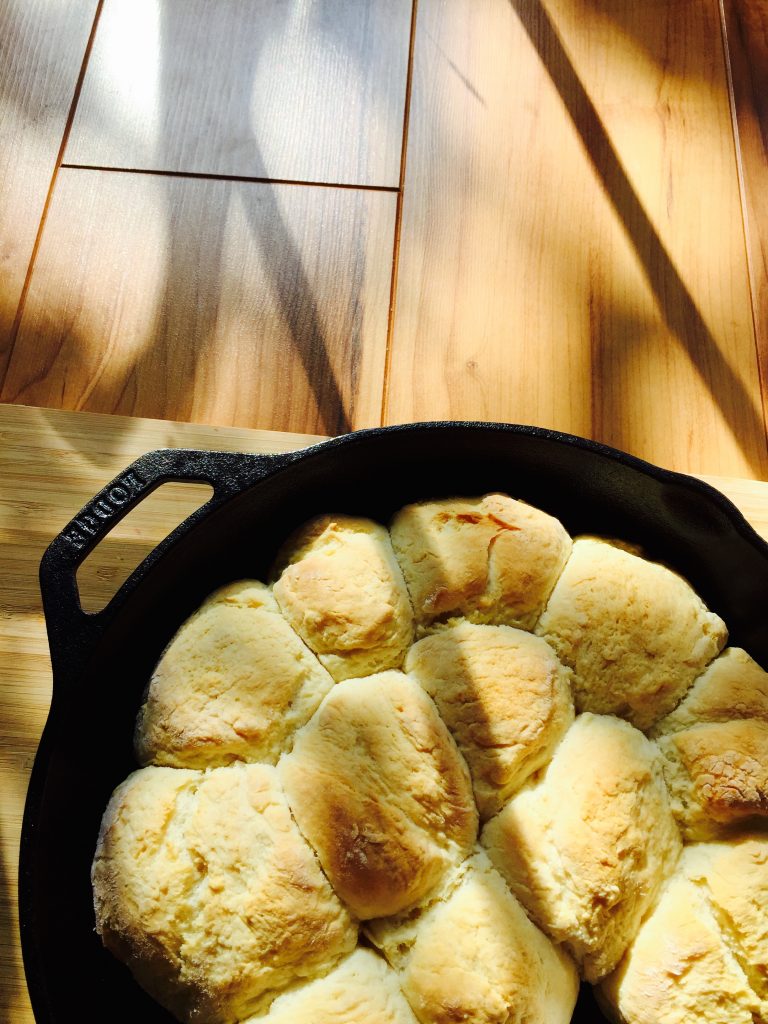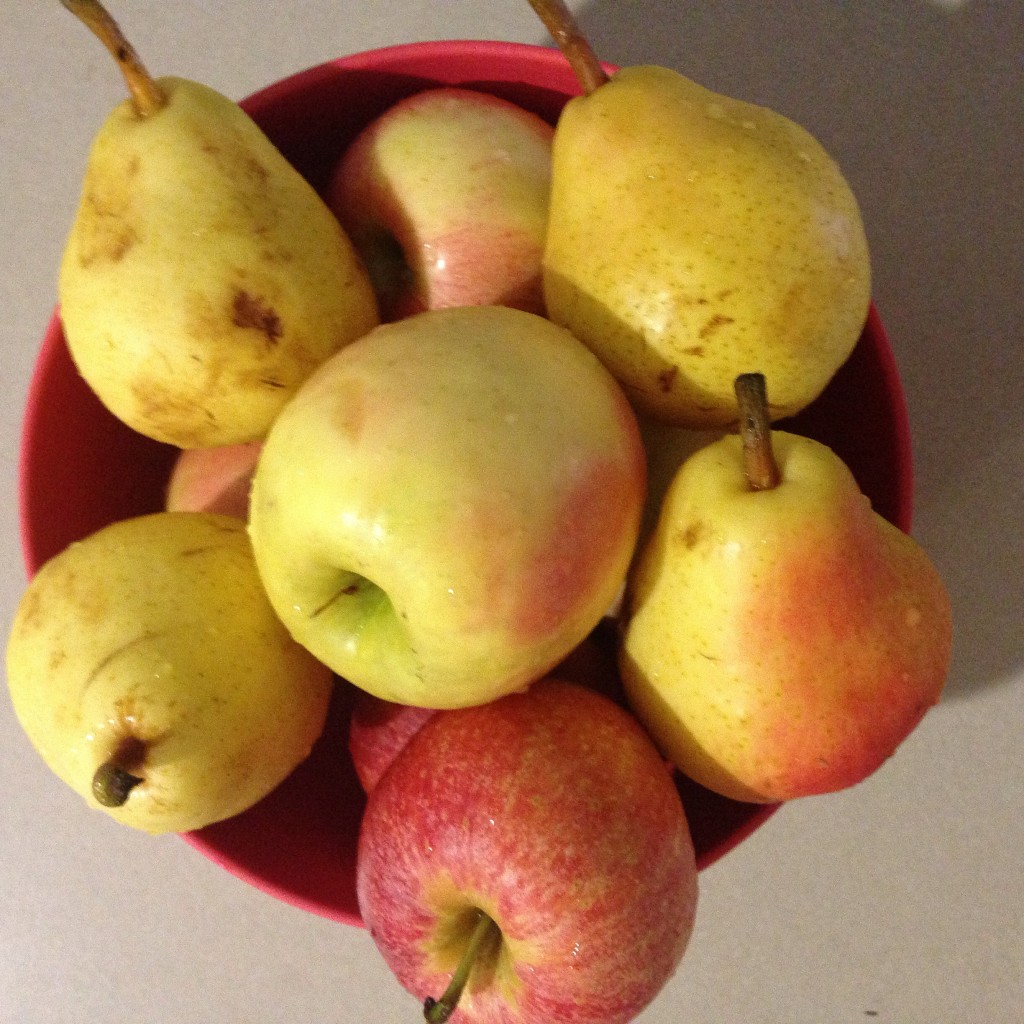“See, okay, the thing is, you better know that in this country nobody eats in the front yard. Really. Nobody” –Diana Abu-Jaber, “A House and a Yard”
Food traditions surround every culture. Whether this means barbequing in your front yard to the dismay of your neighbors, like Diana Abu-Jaber explains in “A House and a Yard,” or gathering around the table for turkey and stuffing on Thanksgiving, or cracking crawfish with your hands at a backyard crawfish boil, we all grew up with our own sense of “normal” when it comes to food. As explained in “A House and a Yard,” Abu-Jaber felt ashamed of her traditional Middle Eastern fare when she realized that it wasn’t the norm in her American suburb. Her family’s grilled meats, tabbouleh salad, and skewers of veggies weren’t typical American cuisine, which thus segregated her family from the rest of the neighborhood and caused her great distress.
Have you ever had a moment where you realized what you thought was so normal and traditional, in fact, wasn’t? Maybe you haven’t barbequed in your front yard like Abu-Jaber, but I can guarantee you have had at least a split second when your sense of culinary normalcy was shattered. Continue reading




